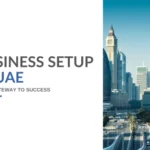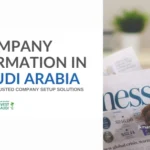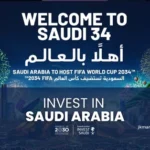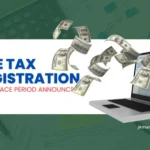Saudi Arabia, under its Vision 2030 initiative, is undergoing significant economic reforms aimed at diversifying its economy away from oil dependency. These reforms present a multitude of opportunities for investors, both domestic and international. Here’s a closer look at the key reforms and their implications for investors.
Diversification and Growth Sectors
One of the central pillars of Vision 2030 is economic diversification. The Saudi government is heavily investing in various non-oil sectors, including tourism, entertainment, health, education, and technology. For instance, the launch of mega-projects like NEOM, the Red Sea Project, and Qiddiya are designed to attract global investors and create new economic hubs.
Implication for Investors: These projects provide lucrative opportunities for investment in infrastructure, hospitality, healthcare, education, and digital technologies. Early investors can benefit from the high growth potential in these emerging sectors.
Regulatory Reforms
Saudi Arabia has implemented a series of regulatory reforms to create a more business-friendly environment. The establishment of the Saudi Arabian General Investment Authority (SAGIA) has streamlined the process of obtaining business licenses and permits. Additionally, the country has revised its foreign ownership laws, allowing 100% foreign ownership in many sectors.
Implication for Investors: The ease of doing business in Saudi Arabia has significantly
improved. Investors can now establish operations
Financial Sector Development
The Kingdom is also reforming its financial sector to support economic diversification. This includes the privatization of state-owned enterprises, the introduction of new financial products, and the development of the capital market. The Saudi Stock Exchange (Tadawul) is now open to foreign investors, and the launch of initiatives like the Financial Sector Development Program aims to create a thriving financial ecosystem.
Implication for Investors: These reforms offer investors access to a broad range of financial instruments and opportunities to invest in previously inaccessible areas. The privatization drive also means that strategic investors can acquire stakes in key sectors of the Saudi economy.
Workforce and Talent Development
To support its ambitious economic goals, Saudi Arabia is investing heavily in education and training to equip its workforce with the necessary skills. Programs like the Human Capability Development Program aim to enhance the skills and capabilities of the Saudi workforce, making it more competitive on a global scale.
Implication for Investors: A more skilled and capable workforce reduces operational risks and enhances productivity. Investors can benefit from a pool of talented professionals who are ready to drive innovation and growth in their businesses.
Infrastructure Development
Infrastructure development is a cornerstone of Saudi Arabia’s Vision 2030. Massive investments are being made in transportation, logistics, and digital infrastructure to support economic activities. The expansion of airports, seaports, and the development of smart cities are key components of this strategy.
Implication for Investors: Superior infrastructure facilitates smoother operations and reduces logistical challenges. This creates a conducive environment for businesses to thrive and scale up efficiently.
#BusinessOpportunities #SaudiArabiaBusiness #InvestInSaudi #SaudiArabiaEconomy #MiddleEastInvestment #SaudiInvestment #EconomicGrowth #MENARegion #BusinessExpansion #SaudiMarket #Entrepreneurship #InvestmentOpportunities #GlobalBusiness
#SaudiBusinessEnvironment #EconomicReforms #Vision2030 #BusinessGrowth #TradeInvestment #ForeignInvestment #BusinessStrategy #JassimKaradan #JKConsultations Ministry of Investment Saudi Business Center المركز السعودي للأعمال Ministry of Commerce – Saudi Arabia J K Management Consultancies Saudi Vision 2030 NEOM















